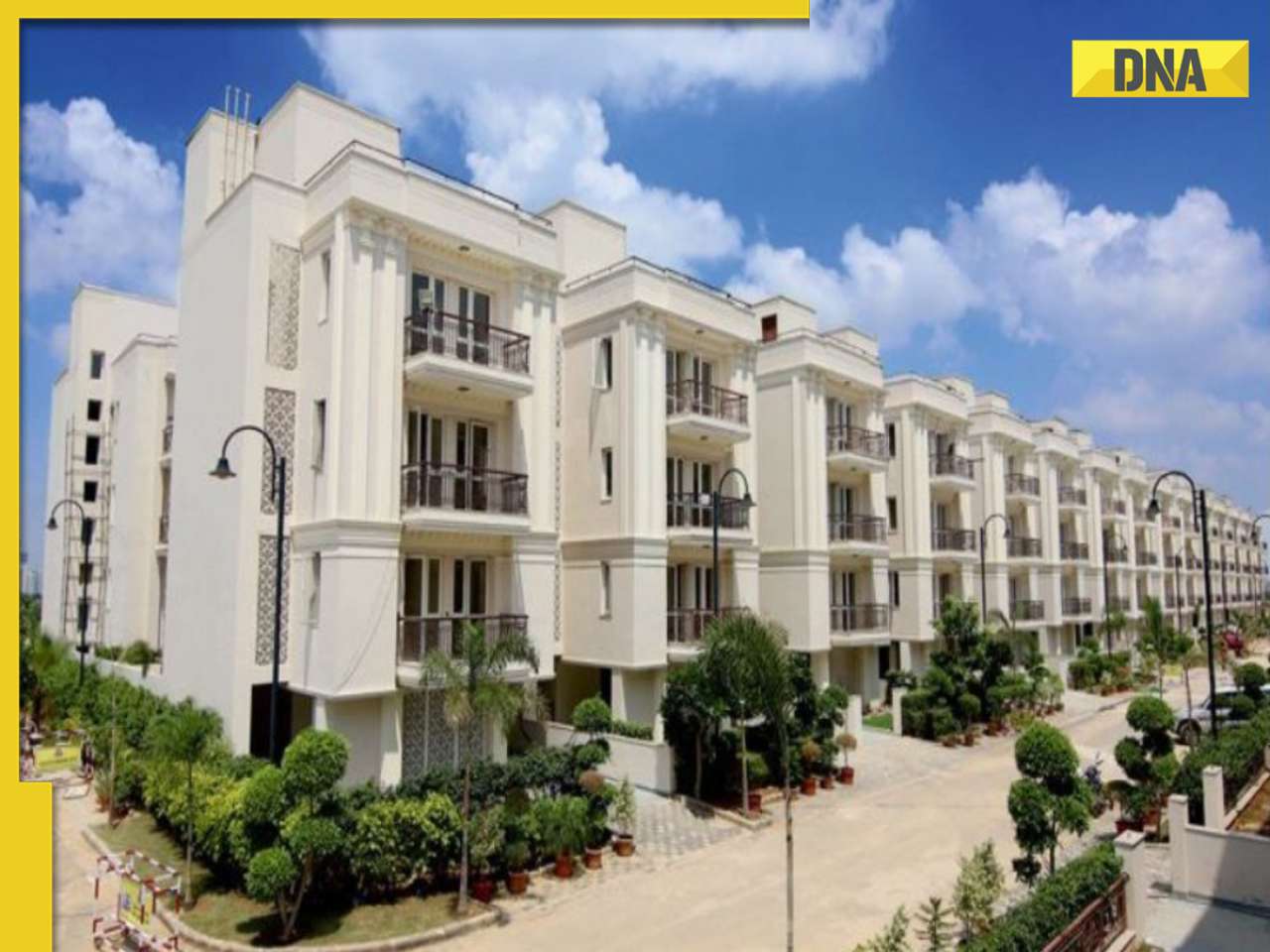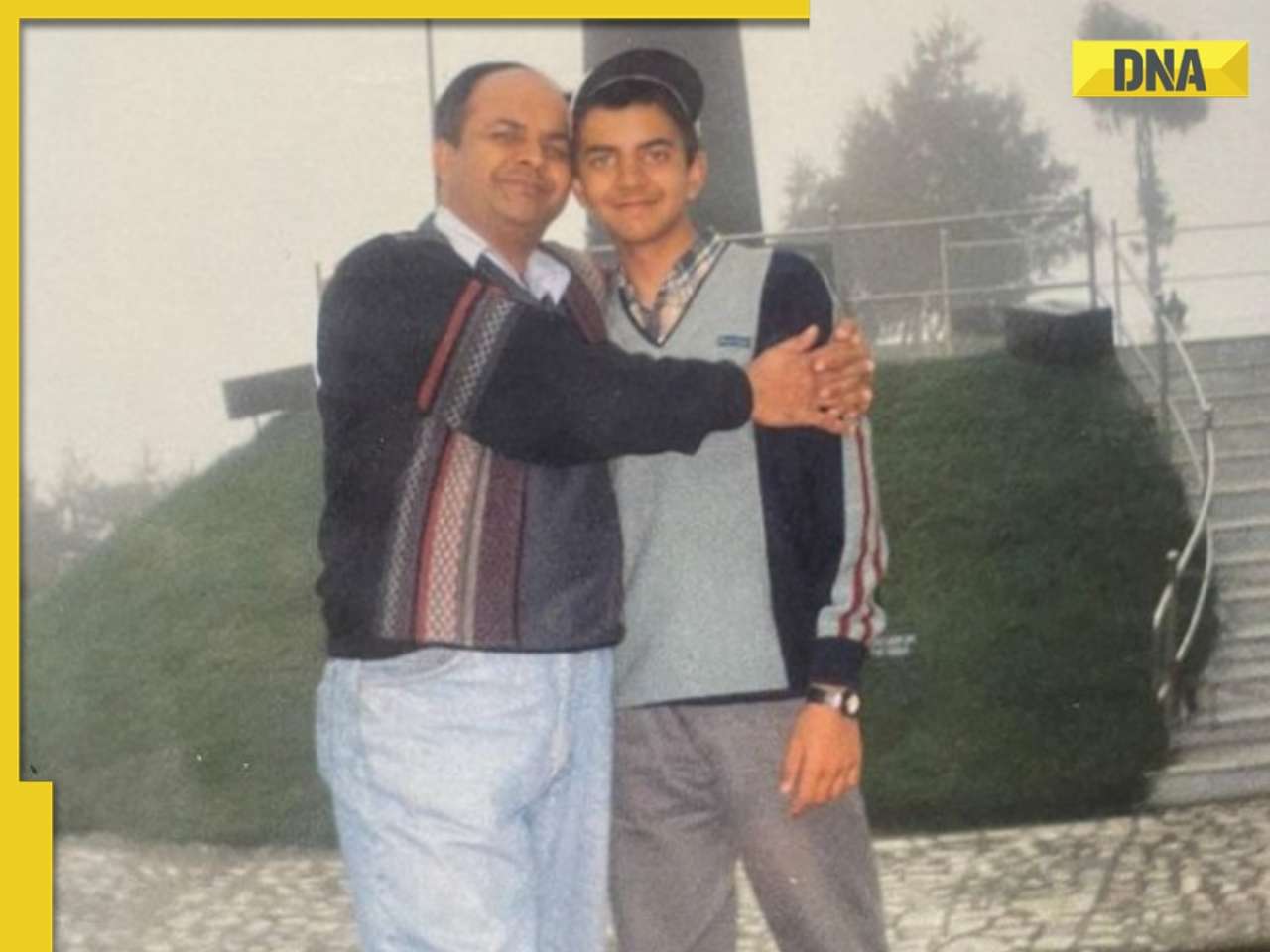A Pakistani delegation on Friday, said the Zardari government was for peace and there should not be any hesitation on its part to investigate 26/11.
Strongly pitching for good Indo-Pak relations, a Pakistani delegation on Friday, said the Zardari government was for peace and there should not be any hesitation on its part to investigate the Mumbai terror attacks and bring the perpetrators to justice.
"We are committed to peace," a member of the delegation and chairperson of the Pakistan Human Rights Commission, Asma Jehangir, said at a press conference here on Friday.
Asserting that the peace process should be restored, journalist Imtiaz Alam said, "We are of the firm view that the two governments must cooperate to bring to justice the perpetrators of crime committed against humanity in Mumbai and there should not be any hesitation on the part of the Pakistani government to do the investigations and the subsequent trials".
He said terrorism has turned into a "big monster" and the main centre of it is in Afghanistan and Pakistan's North West Frontier Region (NWFP).
"That (terror) is overflowing towards India and the rest of the region. It may have gone out of control of the Pakistani state in some areas and there need to be regional approach and oneness of cooperation to tackle it," Alam said adding that
the Joint Anti-Terror Mechanism should be strengthened.
National Executive Committee member, Haji Mohammad Adeel said, "Mumbai attacks need to be condemned. Pakistan also faces such attacks very frequently. The present government after coming to power and with its message of peace with India, gave us hope. But I think 26/11 led to hardship in the relationship between the two neighbours."
Alam said, "We appreciate the voices of peace on many sides. They do not want war. Whether Mumbai or Islamabad, their agony is common and so should be our efforts against terrorism.
"We want democracy in Pakistan to be consolidated and we want the largest democracy in the world that it should strengthen its sister democracy in Pakistan," he added.
Claiming that the purpose of the Mumbai attacks was to bring the two countries to blows and divert attention from the war against terrorism in NWFP, Alam said, "They have, I think, partially succeeded."
On US president Barak Obama's message to Pakistan to perform, he said it is a relationship between the client state and the donor state.
"The donor states tell the client state how to do and what to do. There is nothing abnormal about it and I would urge India to not to be in that position in which Pakistan has been for so long," he said.
Commenting on why Pakistan denied that the lone terrorist in Mumbai attacks Amir Ajmal was a Pakistani, Alam said parents generally deny such kids.
"I think it was stupid on the part of the decision makers to deny this," he added.
He blamed the media in Mumbai for creating a hype over the involvement of Pakistan in the terror attacks. "The over-active and over-hyped media in Mumbai jumped all conclusions like the great intelligence investigators and reached the bottom of the things."
Iqbal Haider, co-chairperson of Pakistan Human Rights Commission, said the investigations by Pakistan on "the Mumbai carnage should be believed" as the government there is working hard on it to bring the culprits to justice.
On the Kashmir issue, he said the two countries should maintain status quo on the Line of Control but enhance frequent meeting of people and exchange of trade".
"Mumbai attack was meant for destroying the harmony that India and Pakistan enjoyed with each other. We will build pressure on the Pakistani government to resume dialogue with India. But what I feel is that India should not have tested the nuclear device in 1998, which prompted Pakistan to follow suit," he added.
During a panel discussion, the Pakistani delegation stressed on the need for society's role to bridge the gap that has emerged between the two neighbours, and it should facilitate more dialogue and people-to-people contact (Track II diplomacy).
"Mumbai carnage was manifestation of a bigger problem that India and Pakistan face - terrorism and extremism. Even the civil society of the two countries should engage in interactions among themselves and even with their respective governments for better relations," a delegate said.
However, the delegation members accepted that Pakistan is passing through a turbulent phase as extremists have gained strength in the areas like NWFP.
![submenu-img]() Anant Raj Ventures into tier 2 and tier 3 cities, pioneering growth in India’s real estate sector
Anant Raj Ventures into tier 2 and tier 3 cities, pioneering growth in India’s real estate sector![submenu-img]() Sophie Turner reveals she wanted to terminate her first pregnancy with Joe Jonas: 'Didn't know if I wanted...'
Sophie Turner reveals she wanted to terminate her first pregnancy with Joe Jonas: 'Didn't know if I wanted...'![submenu-img]() Meet outsider who was given no money for first film, battled depression, now charges Rs 20 crore per film
Meet outsider who was given no money for first film, battled depression, now charges Rs 20 crore per film![submenu-img]() This is owner of most land in India, owns land in every state, total value is Rs...
This is owner of most land in India, owns land in every state, total value is Rs...![submenu-img]() Meet man who built Rs 39832 crore company after quitting high-paying job, his net worth is..
Meet man who built Rs 39832 crore company after quitting high-paying job, his net worth is..![submenu-img]() Meet woman who first worked at TCS, then left SBI job, cracked UPSC exam with AIR...
Meet woman who first worked at TCS, then left SBI job, cracked UPSC exam with AIR...![submenu-img]() Meet engineer, IIT grad who left lucrative job to crack UPSC in 1st attempt, became IAS, married to an IAS, got AIR...
Meet engineer, IIT grad who left lucrative job to crack UPSC in 1st attempt, became IAS, married to an IAS, got AIR...![submenu-img]() Meet Indian woman who after completing engineering directly got job at Amazon, then Google, Microsoft by using just...
Meet Indian woman who after completing engineering directly got job at Amazon, then Google, Microsoft by using just...![submenu-img]() Meet man who is 47, aspires to crack UPSC, has taken 73 Prelims, 43 Mains, Vikas Divyakirti is his...
Meet man who is 47, aspires to crack UPSC, has taken 73 Prelims, 43 Mains, Vikas Divyakirti is his...![submenu-img]() IIT graduate gets job with Rs 100 crore salary package, fired within a year, he is now working as…
IIT graduate gets job with Rs 100 crore salary package, fired within a year, he is now working as…![submenu-img]() DNA Verified: Is CAA an anti-Muslim law? Centre terms news report as 'misleading'
DNA Verified: Is CAA an anti-Muslim law? Centre terms news report as 'misleading'![submenu-img]() DNA Verified: Lok Sabha Elections 2024 to be held on April 19? Know truth behind viral message
DNA Verified: Lok Sabha Elections 2024 to be held on April 19? Know truth behind viral message![submenu-img]() DNA Verified: Modi govt giving students free laptops under 'One Student One Laptop' scheme? Know truth here
DNA Verified: Modi govt giving students free laptops under 'One Student One Laptop' scheme? Know truth here![submenu-img]() DNA Verified: Shah Rukh Khan denies reports of his role in release of India's naval officers from Qatar
DNA Verified: Shah Rukh Khan denies reports of his role in release of India's naval officers from Qatar![submenu-img]() DNA Verified: Is govt providing Rs 1.6 lakh benefit to girls under PM Ladli Laxmi Yojana? Know truth
DNA Verified: Is govt providing Rs 1.6 lakh benefit to girls under PM Ladli Laxmi Yojana? Know truth![submenu-img]() In pics: Taarak Mehta Ka Ooltah Chashmah actress Deepti Sadhwani dazzles in orange at Cannes debut, sets new record
In pics: Taarak Mehta Ka Ooltah Chashmah actress Deepti Sadhwani dazzles in orange at Cannes debut, sets new record![submenu-img]() Ananya Panday stuns in unseen bikini pictures in first post amid breakup reports, fans call it 'Aditya Roy Kapur's loss'
Ananya Panday stuns in unseen bikini pictures in first post amid breakup reports, fans call it 'Aditya Roy Kapur's loss'![submenu-img]() Remember Harsh Lunia? Just Mohabbat child star, here's how former actor looks now, his wife is Bollywood's popular...
Remember Harsh Lunia? Just Mohabbat child star, here's how former actor looks now, his wife is Bollywood's popular...![submenu-img]() Mother's Day 2024: Bollywood supermoms who balance motherhood, acting, and run multi-crore businesses
Mother's Day 2024: Bollywood supermoms who balance motherhood, acting, and run multi-crore businesses![submenu-img]() Rocky Aur Rani's Golu aka Anjali Anand shocks fans with drastic weight loss without gym, says fitness secret is...
Rocky Aur Rani's Golu aka Anjali Anand shocks fans with drastic weight loss without gym, says fitness secret is...![submenu-img]() Haryana Political Crisis: Will 3 independent MLAs support withdrawal impact the present Nayab Saini led-BJP government?
Haryana Political Crisis: Will 3 independent MLAs support withdrawal impact the present Nayab Saini led-BJP government?![submenu-img]() DNA Explainer: Why Harvey Weinstein's rape conviction was overturned, will beleaguered Hollywood mogul get out of jail?
DNA Explainer: Why Harvey Weinstein's rape conviction was overturned, will beleaguered Hollywood mogul get out of jail?![submenu-img]() What is inheritance tax?
What is inheritance tax?![submenu-img]() DNA Explainer: What is cloud seeding which is blamed for wreaking havoc in Dubai?
DNA Explainer: What is cloud seeding which is blamed for wreaking havoc in Dubai?![submenu-img]() DNA Explainer: What is Israel's Arrow-3 defence system used to intercept Iran's missile attack?
DNA Explainer: What is Israel's Arrow-3 defence system used to intercept Iran's missile attack?![submenu-img]() Sophie Turner reveals she wanted to terminate her first pregnancy with Joe Jonas: 'Didn't know if I wanted...'
Sophie Turner reveals she wanted to terminate her first pregnancy with Joe Jonas: 'Didn't know if I wanted...'![submenu-img]() Meet outsider who was given no money for first film, battled depression, now charges Rs 20 crore per film
Meet outsider who was given no money for first film, battled depression, now charges Rs 20 crore per film![submenu-img]() Meet actress who quit high-paying job for films, director replaced her with star kid, had no money, now lives in...
Meet actress who quit high-paying job for films, director replaced her with star kid, had no money, now lives in...![submenu-img]() This star kid's last 3 films lost Rs 5000000000 at box office, has no solo hit in 5 years, now has lost four films to...
This star kid's last 3 films lost Rs 5000000000 at box office, has no solo hit in 5 years, now has lost four films to...![submenu-img]() Meet actress viral for just walking on screen, belongs to royal family, has no solo hit in 15 years, but still is…
Meet actress viral for just walking on screen, belongs to royal family, has no solo hit in 15 years, but still is…![submenu-img]() This is owner of most land in India, owns land in every state, total value is Rs...
This is owner of most land in India, owns land in every state, total value is Rs...![submenu-img]() Blinkit now gives free dhaniya with veggie orders, thanks to Mumbai mom
Blinkit now gives free dhaniya with veggie orders, thanks to Mumbai mom![submenu-img]() Meet man, an Indian who entered NASA's Hall of Fame by hacking, earlier worked on Apple's...
Meet man, an Indian who entered NASA's Hall of Fame by hacking, earlier worked on Apple's...![submenu-img]() 14 majestic lions cross highway in Gujarat's Amreli, video goes viral
14 majestic lions cross highway in Gujarat's Amreli, video goes viral![submenu-img]() Here's why Isha Ambani was not present during Met Gala 2024 red carpet
Here's why Isha Ambani was not present during Met Gala 2024 red carpet























































)
)
)
)
)
)